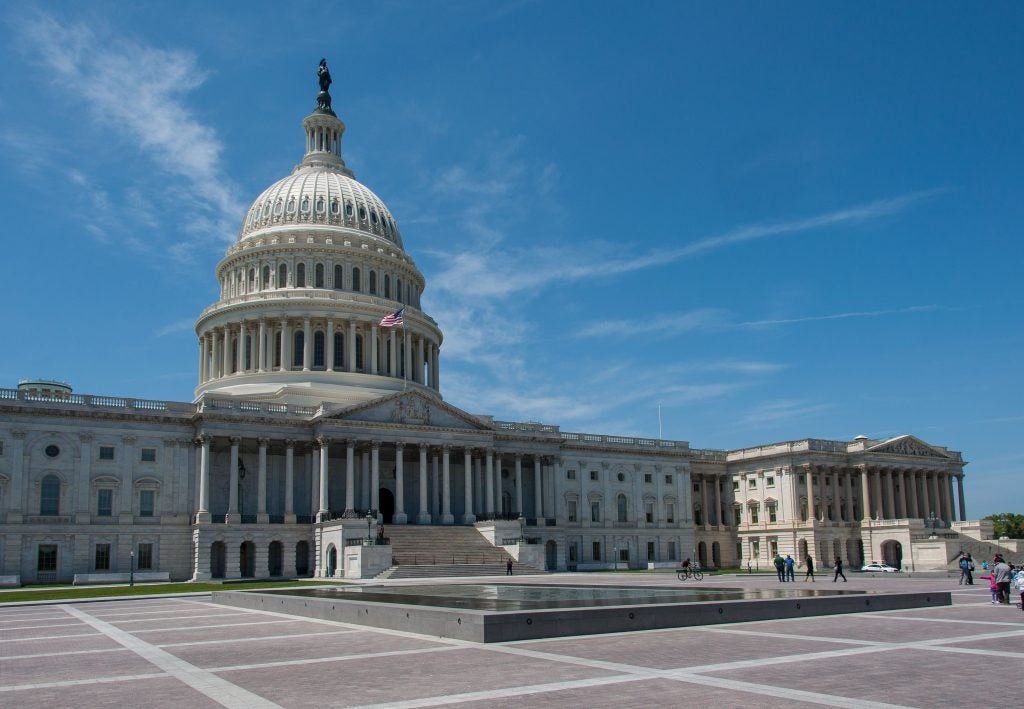Bipartisanship for conservation lives. Can it flourish in the 116th Congress?
Congress just sent a public lands package – appropriately called the John D. Dingell Jr. Conservation, Management and Recreation Act – to the president. Importantly, the legislation includes a permanent reauthorization of the Land and Water Conservation Fund (LWCF), a popular federal program that protects our public lands and waters including national parks, forests, wildlife refuges and recreation areas.
LWCF also provides critical grants for state and local parks and recreational facilities, and promotes voluntary conservation on private land.

Reauthorization of LWCF – adopted in the Senate by a vote of 92-8 and in the House of Representatives by a vote of 363-62 – can be attributed to the bipartisan and collaborative efforts of Sens. Lisa Murkowski (R-Alaska) and Maria Cantwell (D-WA) of the Senate Energy and Natural Resources Committee, Reps. Raúl Grijalva (D-AZ) and Rob Bishop (R-UT) of the House Natural Resources Committee, and so many other champions in both chambers.
An unparalleled success
The original enacting legislation for LWCF passed nearly unanimously in 1964 (338-8 in the House and 92-1 in the Senate) and was signed by President Johnson.
Since then, LWCF has been an unparalleled success in protecting wild places and creating recreational opportunities at no cost to taxpayers, relying on investments from federal oil and gas leases. With this funding, LWCF has provided matching funds to state and local governments for investments in rural and urban public parks. At the federal level, LWCF has supported the National Park Service’s mission to preserve natural and cultural resources for the enjoyment, education, and inspiration of this and future generations.
It’s because of LWCF that Americans have the most extensive network of open spaces in the world to hunt, fish, hike, swim and play – including the iconic landscapes that define us as a nation.Because of the LWCF, Americans have the most extensive network of open spaces in the world to hunt, fish, hike, swim and play – including the iconic landscapes that define us as a nation. Share on X
But even with all of its success, the program’s permanent reauthorization was by no means certain.
A triumph in partisan times
With the acrimony that plagues politics today, it can be difficult to remember that our nation’s major environmental statutes were all passed nearly unanimously by Congress. Laws like the Clean Air Act, Clean Water Act and Endangered Species Act all had bipartisan support, and polling demonstrates the vast majority of Americans still support these laws today.
But in the decades since this suite of bedrock laws was passed, it’s become more challenging for our political parties to come together to ensure that these laws continue to protect human health, wildlife and rural landscapes, while offering new economic opportunities. In that failure to come together, we all – people, ecosystems and wildlife, alike – suffer.
Congress has demonstrated that bipartisanship is still achievable and works well to support conservation today, and with an eye toward the future.
In this political context, the permanent reauthorization of the LWCF is a true triumph and bright spot. The president needs to quickly sign the bill into law to further this demonstration of bipartisanship that I hope will continue throughout the whole of the 116th Congress.










